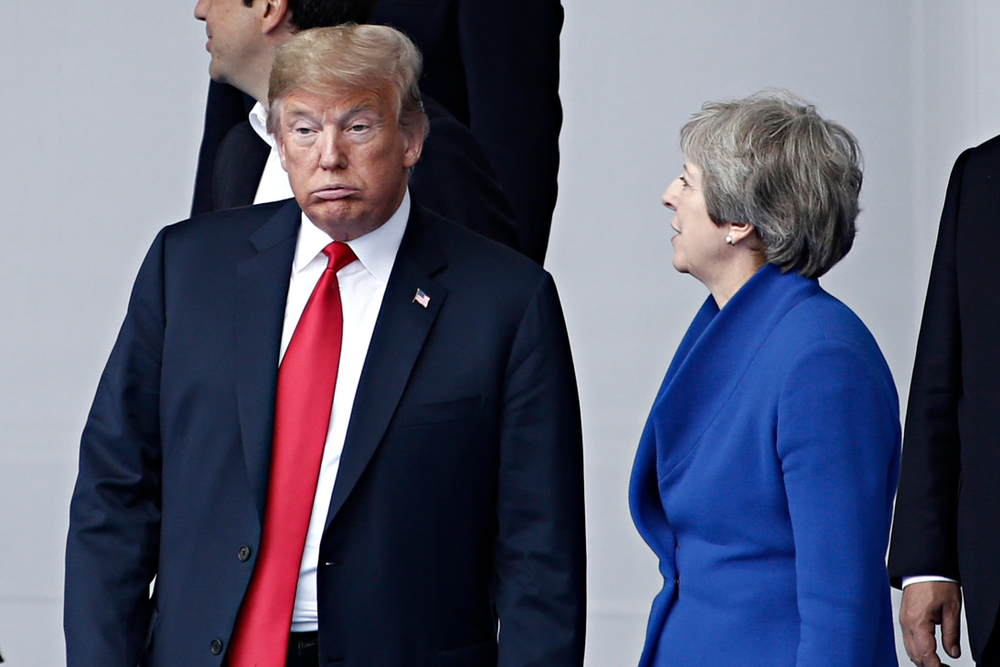Few people could have had any illusions that the British public would react positively to American corporations moving in on our NHS.
So what have we learned from the huge public reaction to the US Ambassador and then Donald Trump himself insisting that the NHS – and of course its budget of £120 billion a year – had to be on the table in any trade negotiations?
Tory leadership hopefuls predictably hastened to distance themselves from any toxic association with Trump’s demands.
The public view was shown by over 300,000 people rushing to sign the petition launched by Dr Sonia Adesara, and promoted by Keep Our NHS Public, to “send a message to Donald Trump to keep his hands off our NHS, and ask the UK government to explicitly guarantee that it will never form part of a trade deal with America”.
Trump himself appeared to retreat slightly from his original statement in an interview the next day with Piers Morgan; but it would be a mistake to take either his opening gambit or his subsequent statement at face value – or to trust any British government rejection.
Trump will have known that the NHS is already open to private companies to bid for contracts.
But up to now the main US health corporations have shown little interest in bidding for under-funded contracts to deliver patient care.
Nor are the major US insurers significantly engaged in the UK, even as gaps appear in the NHS. US hospital giants HCA and Tenet also have only a minimal foothold, but no large scale commitment to expand in Britain’s small private hospital sector.
Instead US companies like UnitedHealth subsidiary Optum have focused on selling technology, IT expertise and “back office” systems. And of course the main potential money-spinner is pharmaceuticals, especially if Trump could strip away existing regulations and NICE guidelines, and force British prices up to the inflated levels they are able to charge in the US market.
The government have shown they are happy to accept all of these, except perhaps the drug price hikes, which would push up public spending.
So their denials are as phony as Trump’s retreat. Remember it was British governments that created a competitive market in the NHS. They have opened it up to EU competition laws more than any other EU country.
It’s been possible for governments, like the Canadian government, to reject any US involvement in their health care system, even while signing free trade deals.
Fighting privatisation – far from a lost cause
Support our NHS campaigning journalism
France and Germany have also protected their much bigger health care against competition laws and have little if any US penetration.
It’s not Trump or the US who have privatised sections of our NHS but British governments, and predominantly British companies such as Virgin.
To make sure we keep our NHS public, we need a government committed to do just that – not one led by any of the right wing hopefuls lining up to replace Mrs May.
Dear Reader,
If you like our content please support our campaigning journalism to protect health care for all.
Our goal is to inform people, hold our politicians to account and help to build change through evidence based ideas.
Everyone should have access to comprehensive healthcare, but our NHS needs support. You can help us to continue to counter bad policy, battle neglect of the NHS and correct dangerous mis-infomation.
Supporters of the NHS are crucial in sustaining our health service and with your help we will be able to engage more people in securing its future.
Please donate to help support our campaigning NHS research and journalism.


